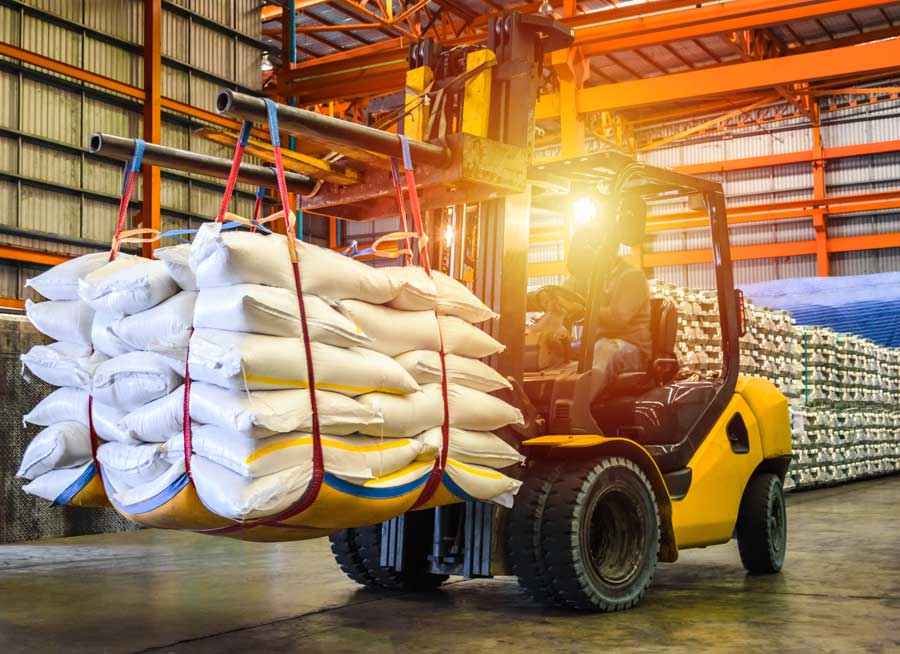Identifying what to include in plans
What should you plan for in terms of food system disruptions?
While most vulnerability analyses look at the entire food system from production through food waste, our proprietary, systems-based, FCG framework focuses on the parts of the system that matter most to emergency response and recovery planning. As a result, our plans identify the most significant disruptions to food supply chains and food access, and the most vulnerable communities.
Read about our food system vulnerability analysis for the City of Boston.

